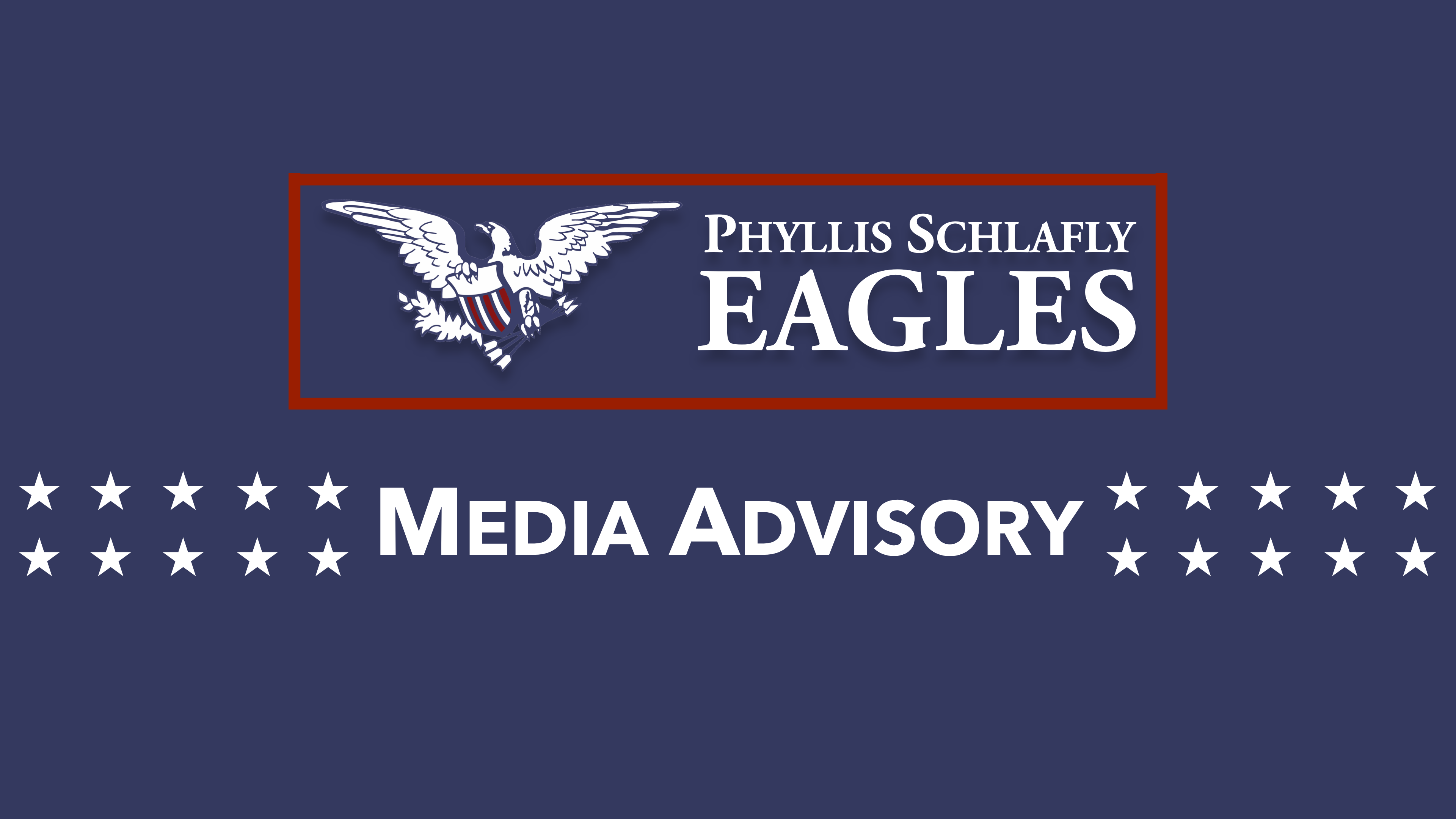For Immediate Release: January 8, 2020
Contact: Ryan Hite, Communications Director
Washington, D.C.: The Department of Justice’s Office of Legal Counsel released an opinion that definitively invalidates the movement to revive the 40-year-expired Equal Rights Amendment. In short, as OLC writes in their opinion: “Congress may not revive a proposed amendment after a deadline for its ratification has expired.”
Over the last year Phyllis Schlafly Eagles has worked to expose pro-ERA bias and trickery from Archivist of the United States David Ferriero. Our long paper trail of FOIA requests and demands for impartiality lead to his request of this OLC opinion. [see timeline below]
“Phyllis Schlafly and her Eagles have been tireless in fighting ERA since 1972,” said Ed Martin, president of Phyllis Schlafly Eagles. “The ERA ratification deadline expired in 1979 (and again in 1982). We have long fought unconstitutional attempts to revive the ratification process. The radical left has tried every trick in the book to subvert the will of the states but their trickery is no match for truth.
“Now as Nancy Pelosi’s out-of-control House hits the gas on reviving ERA, OLC is backing our long-held position and slamming the door on these hijinks. The matter is closed. America knows ERA is bad for our nation and our Constitution. They have soundly rejected it over and over again.”
Read the full OLC opinion here.
Review the timeline of how Phyllis Schlafly Eagles was central in the fight for this result:
- On February 11, we filed a FOIA request [click to read] to learn what communications with the state legislatures of Nevada or Illinois made him believe those states’ purported ratifications were legitimate.
- On February 27, the National Archives responded [click to read] with an offer for documents which we had not requested from a time period that was outside the scope of what we had very specifically asked for.
- On March 4, we responded to the National Archives [click to read] with a clarification of what documents we were requesting.
- On March 21, we received an email informing us [click to read] that we should ask for help from the Office of the Federal Registrar (OFR,) but that the documents they could provide likely would not be what we had requested either.
- On April 8, we sent a letter to the OFR [click to read] requesting their help in locating the files requested in our FOIA request.
- On April 8, we officially appealed our FOIA [click to read] request.
- On April 29, the Deputy Archivist responded [click to read] that our request for help from the OFR was interpreted as being a separate FOIA request. He also informed us that he was denying our appeal of the “first” FOIA request.
- On April 30, the Office of General Counsel at the National Archives sent an email [click to read] informing us that while they had found the documents we requested, they were unwilling to give us the documents based on the deliberative process privilege and attorney-client privilege.
- On May 23, we sent an email to the Office of Government Information Services [click to read] (OGIS) in the National Archives requesting mediation of our FOIA request.
- On June 12, we received an email from OGIS [click to read] informing us that they would not provide mediation services until we had appealed our “second” FOIA request.
- On June 13, we officially appealed [click to read] our “second” FOIA request.
- On October 4, OGIS responded that they side with the denial [click to read] of our request, but that even if they didn’t, they don’t actually have any power to mediate anyway.
###






